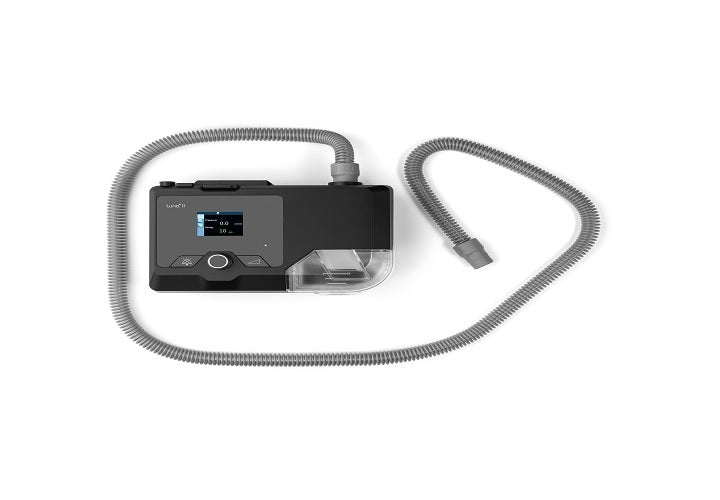1. What is CPAP?
- CPAP stands for Continuous Positive Airway Pressure. It is a common treatment for obstructive sleep apnea (OSA) and other sleep-related breathing disorders. A CPAP machine delivers a continuous stream of air through a mask to keep the airway open during sleep.
2. How does CPAP work?
- CPAP works by providing a constant flow of air pressure that prevents the collapse of the airway. This helps maintain uninterrupted breathing during sleep, reducing or eliminating apneas and hypopneas.
3. What conditions does CPAP treat?
- CPAP is primarily used to treat obstructive sleep apnea, but it can also be prescribed for other sleep disorders, such as central sleep apnea or complex sleep apnea syndrome.
4. How do I get a CPAP machine?
- CPAP machines are prescribed by healthcare professionals. If you suspect you have sleep apnea, consult with your primary care physician or a sleep specialist. They may recommend a sleep study to diagnose the condition and determine the appropriate CPAP settings.
5. Do I need a prescription for a CPAP machine?
- Yes, a prescription is typically required to purchase a CPAP machine. This ensures that the pressure settings are tailored to your specific needs based on the results of a sleep study.
6. What types of CPAP masks are available?
- CPAP masks come in various styles, including nasal masks, nasal pillows, and full-face masks. The choice depends on individual preferences, comfort, and the type of breathing difficulty experienced.
7. How often should I clean my CPAP equipment?
- It's important to clean your CPAP mask, tubing, and humidifier regularly to prevent bacterial growth. Daily cleaning of the mask and humidifier chamber, and weekly cleaning of tubing and filters, is a good practice.
8. Can I travel with my CPAP machine?
- Yes, most CPAP machines are designed to be portable. Some even come with travel-friendly features. Check with the airline for specific guidelines on traveling with CPAP equipment.
9. What are common side effects of CPAP therapy?
- While CPAP therapy is generally well-tolerated, some individuals may experience initial discomfort, dryness, or nasal congestion. These issues often improve with adjustments to the mask or humidity settings.
10. Can I adjust the CPAP settings myself? - CPAP settings should be adjusted by a healthcare professional based on the results of a sleep study. Consult your healthcare provider if you experience persistent issues or feel the need for adjustments.
